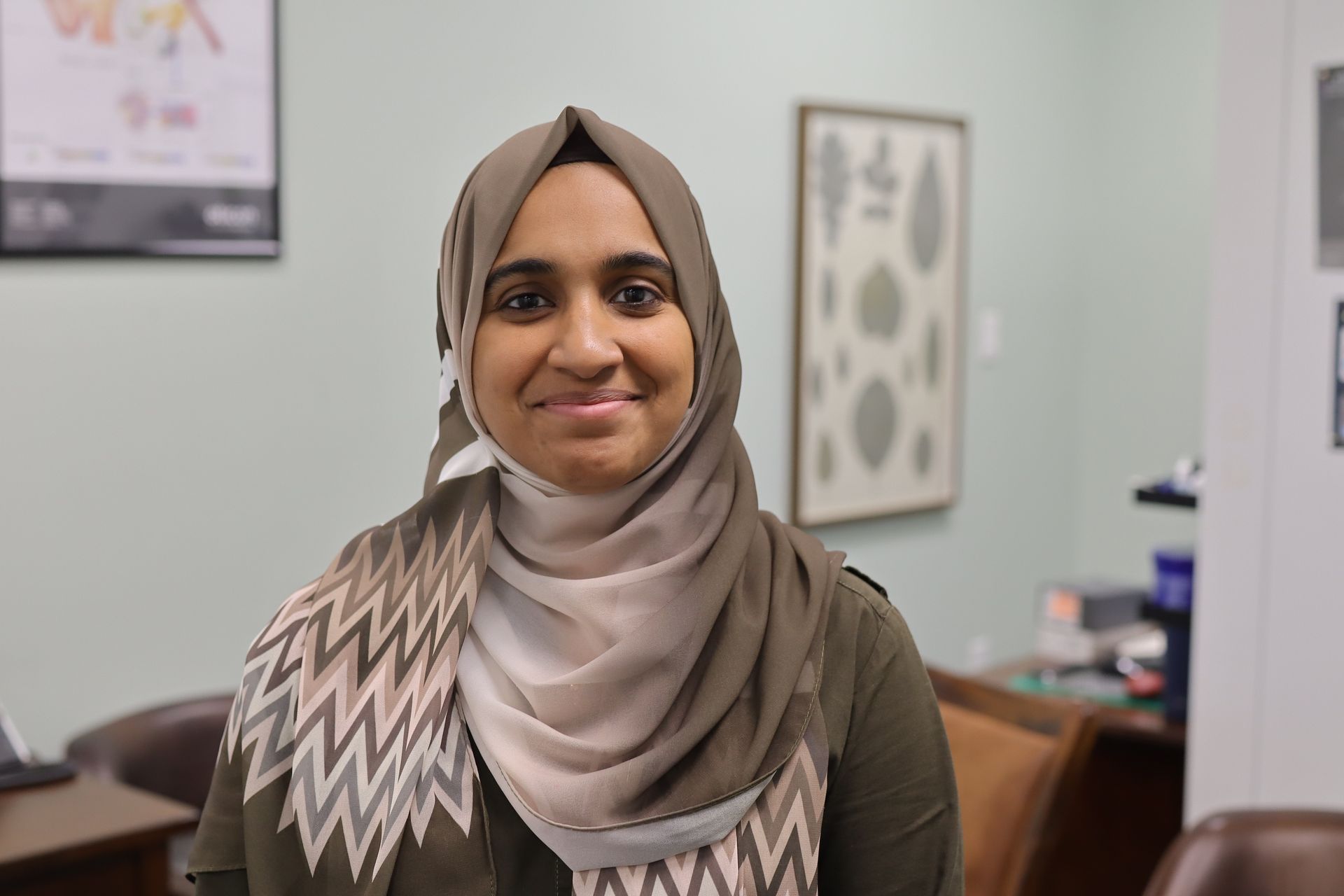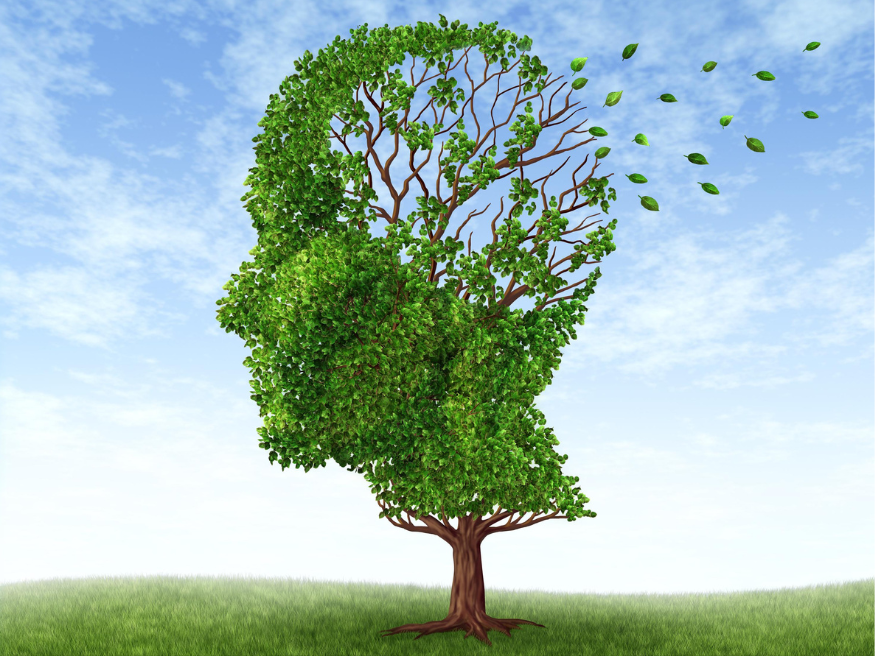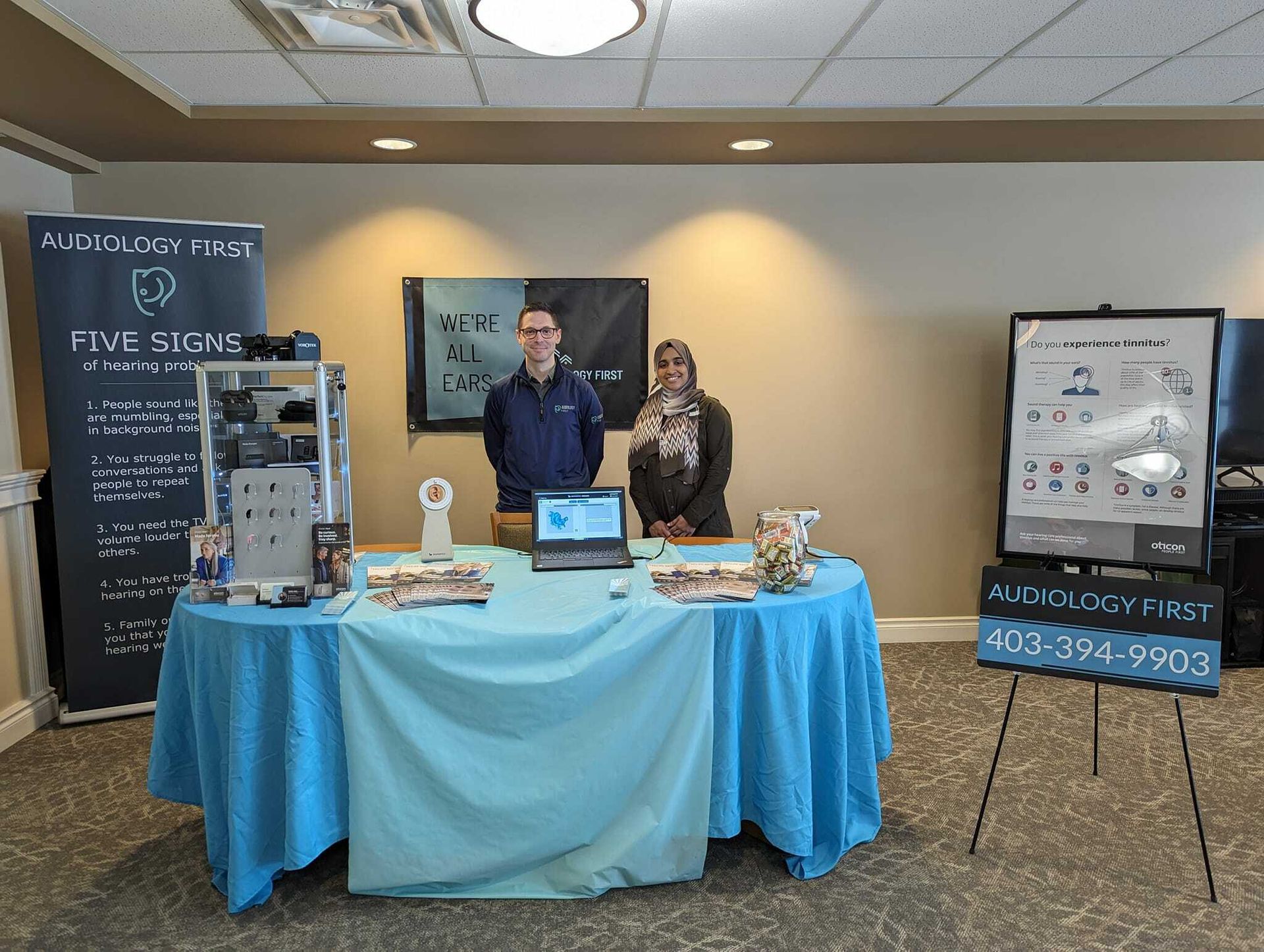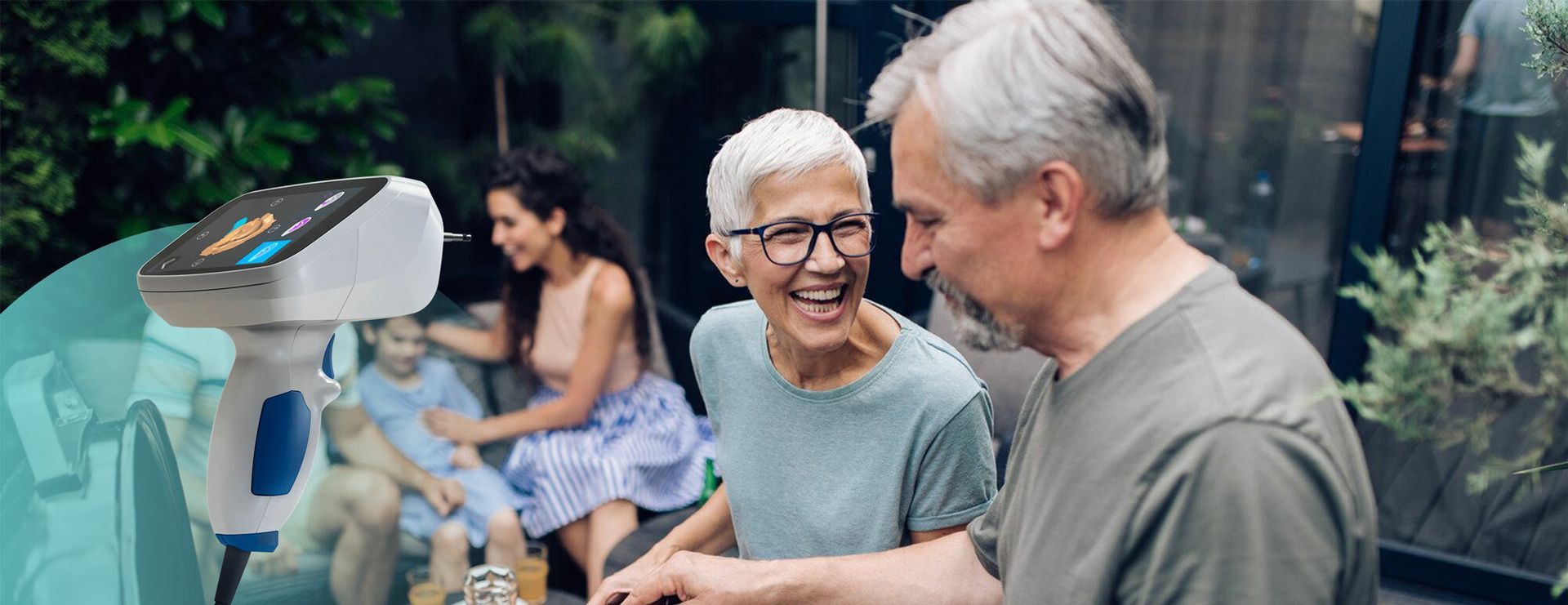How the Brain Hears
The brain's role in hearing can help explain the invisible effects of hearing loss
All sounds are just vibrations. While the ear helps capture airborne vibrations, the brain helps us make sense of them. Together the brain and the ear turn vibrations into what we recognize as sounds. Speech, music and other sounds become meaningful.
By understanding how the brain contributes to hearing, we can better explain the causes and some of the overlooked and often invisible effects of hearing loss.
The ears' role in hearing
The ears are responsible for collecting sound waves and transforming them into signals that your brain can process.
Your outer ear (the part that you can see) is responsible for collecting sounds. When sound waves enter your ear canal, they are turned into mechanical vibrations that travel through a combination of bones and fluid before reaching the inner part of the ear.
The inner ear transforms mechanical vibrations into electrical signals, which are then passed via the auditory nerve to the brain.
The brain's role in hearing
It may seem like a no-brainer to say that the brain plays a crucial role in how we hear. The brain regulates and comprehends all our senses based on the information it receives. In the case of hearing, the information is the sound signals it receives from the ears.
The brain has the incredible ability to make sense of sound signals. Over the years, it has been trained to recognize and focus on the sounds that are important to communication, safety and understanding of the world around it.
When it receives signals, the brain seamlessly:
- Comprehends speech
- Filters unwanted sounds
- Focuses on desirable sounds
- Interprets new or unfamiliar sounds
What happens when hearing loss is present
Most commonly, hearing loss happens because of changes to the tiny cells of the ear itself. Sometimes there are problems with the mechanical parts of the ear (such as the eardrum, or the tiny bones inside the ear) that inhibit sounds from reaching the cells of the inner ear.
In some rare cases, the problem lies with the bundle of nerves that carry the sound signal from the ear to the brain. Even more rarely, the parts of the brain that help us recognize sounds can be damaged.
There are cases where a combination of factors related to both the ears and the brain contribute to hearing challenges.
If hearing loss is present, the electrical signals that the brain receives may be incomplete or weak. But the brain can adapt and fill in the gaps based on its years of experience processing signals.
It's similar to reading a newspaper that is damaged. With context, you're likely to figure out what the stories are about and grasp the main points. But with more damage, comprehending the stories gets more difficult.
As far as your brain is concerned, it's the same concept. If it only has weak signals to work with, it has to work harder to fill in the gaps.
How hearing aids help the brain
The capability of your brain to understand sound depends on the quality of sound signals it receives. Hearing aids contribute to more balanced and complete sounds, so it is easier for your brain to process the signals.
There are many brain benefits of hearing aids. For example, hearing aids can:
- Provide more consistent sounds in a wider range of environments, meaning the sound signals your brain receives are more consistent.
- Boost the sounds you have difficulty hearing to provide stronger signals to the brain.
- Remove some of the unwanted background sounds.
- Help you hear from one direction at a time to eliminate unwanted interference from ambient sound.
- Restore imbalances in hearing.
- Restore some of the ability to tell where sounds came from and enhance our ability to focus.
- Reduce the effort necessary to hear.
Why it's important to understand the brain's role
The ears are often the focus of healthy hearing. This is in large part because the brain's role in hearing is often invisible.
We don't want to diminish the importance of your ears – they are crucial to hearing. But brain research helps us understand the other factors that contribute to a healthy listening ability.
It helps to explain some of the effects of hearing loss. For many people, these are the effects that are less visible but just as impactful to their relationships, health and wellbeing.
Exhaustion
Even though the brain has the ability to fill-in-the-gaps when it receives weaker sound signals, this is not an easy task. It takes brainpower to process this information that the ears are sending, which can lead to mental exhaustion and frustration.
Just as it is more tiring and difficult to read a damaged newspaper, it is more tiring and difficult to process weaker sound signals.
Social isolation
Some people with hearing loss become overwhelmed, embarrassed, or exhausted in social situations, whether they are at home or in public. If it is tiring trying to follow conversations, it can be easier just to avoid seeing people in those challenging environments.
Anxiety and depression
Hearing loss can also contribute to anxiety and depression. When brainpower is exhausted by trying to process weak sound signals, it can contribute to mental stress and feelings of depression.
Dementia
Research into the link between hearing loss and dementia is ongoing, but studies show that people who have hearing loss may be at higher risk for dementia. This is thought to be the result of brain exhaustion or social isolation.
The brain needs time to adapt
Over time, the brain can adapt to changing sound signals. If sound signals weaken, the brain can attempt to fill in the gaps. If sound signals improve, the brain can adjust and improve your comprehension and interpretation of sounds while spending less mental energy in the process.
The brain's role in hearing is an opportunity: you can adapt to hearing aids, therapy and other solutions to improve your hearing health and well-being.

Visit us
#20 4051 4th Ave S, Lethbridge AB T1J 4B5
Reception Hours
- Mon - Fri
- -
- Sat - Sun
- Closed








